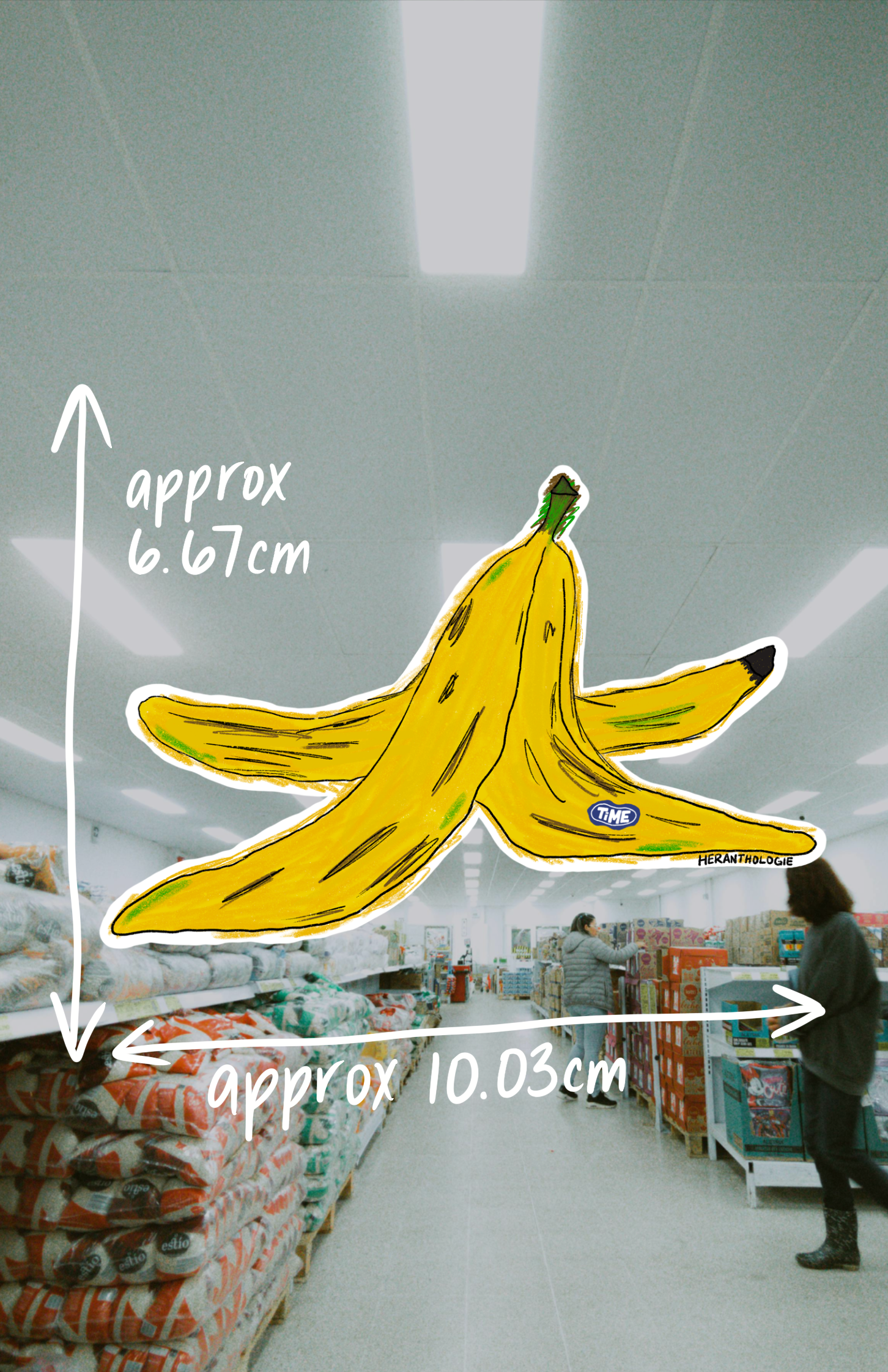The Paradox of Identity Politics
This is an exploration of unintended consequences of identity politics and should not be misunderstood as a denial of the existence of racism or the necessity of identity politics in the advancement of social justice.
We’re all living in our own unique versions of reality and it can be difficult to understand others without understanding how they experience life.
Inevitably the identities we hold, whether they be chosen or given, can affect our experiences. This is where identity politics become useful; as a bridge to close the gap of understanding between people who occupy different social positions.
If something’s not affecting you, it’s reasonable that you’d be mostly unaware of it. And this is why people rally together to bring awareness to issues affecting their group and create more equitable social power.
Movements like #BlackLivesMatter or #StopAsianHate make it easier for people to advocate for their own wellbeing by allying themselves with other people affected by the same issue whether that be based on race, ethnicity, religion, sex, cultural identity etc.
But this gets complicated when
While advocating for liberation as a group you must imply that a sort of group consciousness exists where the members of the community generally think and feel the same way about the issues affecting them.
Reasonably, forming a strong group means leaving some individuality behind.
But this then begs the question of how power is negotiated not only between groups but within them.
Out of necessity, these conversations place incredible weight on your identity as currency within socio-political discussions so that, for example, people’s opinions are often validated or invalidated solely on the basis of their identity.
For example, in racial discourse ideas like, “blackness is not a monolith” meet phrases like, “listen to black people.” While the first suggests that there is no one way to be black, the second phrase is typically used in ways that reinforce the idea that black people are engaged in monolithic thought.
And often when we invoke the phrase, “listen to […] people” what we really mean is, “listen to this particular perspective.”
Because people are generally referring to people like Ava DuVernay who wrote, directed and produced the documentary 13th about America’s racist criminal justice system and not Aiyshat Akanbi who believes that constantly projecting victimhood onto black people is demoralizing and does us a disservice.
When we say listen to black people, folks are usually referring to activists like Alicia Garza, one of the founders of BLM and not political pundits like Candace Owens who publicly opposes the organization.
People often suggest that black people are represented by Ta-Nehisi Coates and not Coleman Hughes, two black men who spoke before Congress with one advocating for reparations and the other advocating against them.
So what does it really mean to listen to or amplify the voices of black people? Who are the black people that we’re referring to? Who are the black people given license to speak and on what grounds?
How do we even begin to answer these questions?
You’re one of the bad ones
Even beyond race — we’ve ushered in an age where people are often asked and expected to uncritically accept the opinions and lived experiences of marginalized people as truth – but what happens when we disagree?
When there is discord within the group there tends to be a move not to pull apart the dissenting individual’s argument/ideas — but their identity itself.
Perhaps because we validate someone’s opinions based on their identity, it almost necessitates that we invalidate them on the same basis.
Being “good” means complying and conforming to the collective consciousness of the group, being “bad” means having ideas that appears to leave room for those on the outside to feel valid in their own critiques of how power is being renegotiated in society.
This often means that when someone “on the inside” presents an argument that in any way reflects or validates the thoughts, feelings or critiques from those “on the outside” it becomes taboo to meaningfully engage with their argument at all because that would mean inadvertently validating “the outsider’s” perspective as well.
So we come to define and understand “insiders” as not only belonging to a particular demographic, but to a particular psychographic as well.
This means that sometimes movements or conversations created to celebrate diversity between groups, sustain themselves by quashing diversity within groups.
It means that sometimes we reject those who think differently without meaningfully engaging with their ideas and instead immediately invalidate them as foolish mumblings from a “bad” [insert marginalized identity] with some internalized -ism or -phobia.
It means that sometimes we refuse to acknowledge the inconvenient truth that there are multiple valid ways to consider the same issue even among members of the same group.
It means that sometimes we dismiss the reality that most of us occupy multiple intersecting ideas that affect how we view and understand the experiences of the one group we may be politicking with or for at the moment.
After all, aren’t we’re all living in our own unique versions of reality? Don’t the identities we hold, whether they be chosen or given, inevitably affect our experiences? Isn’t it necessary to hold space to close the gap of understanding between us?
And on and on and on.








